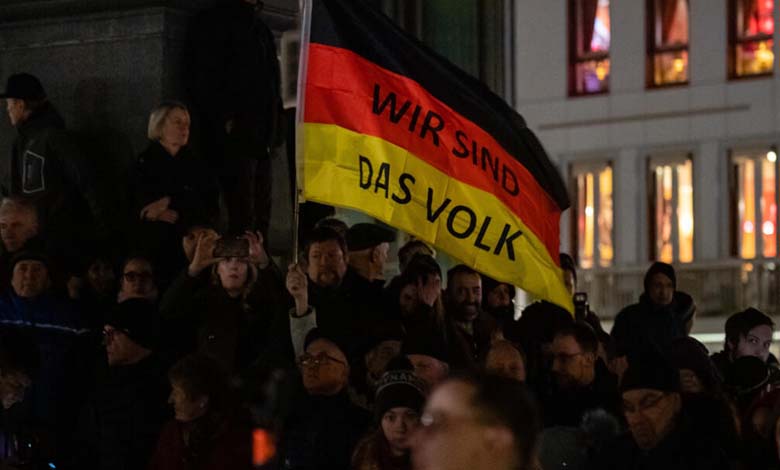The Social Containment Strategy: A New Tactic of Political Islam in Germany

Organizations linked to political Islam are exploiting the struggles of marginalized youth to recruit and spread propaganda online, in ways that are both subtle and unexpected.
A recent study revealed the emotional impact of certain videos circulating on social media platforms, which act as “bait” in recruitment processes. These videos—often addressing issues such as racism or discrimination—are shared on mainstream platforms but are manipulated for propaganda purposes.
-
ISIS and the Muslim Brotherhood under surveillance: Political Islam worries Germany
-
Germany’s Muslim Brotherhood between delayed ban and soft confrontation: Is the European equation about to change?
The study, published by the Regional Media Authority of North Rhine-Westphalia in western Germany, is titled “Digital Gray Zones: Radicalization Potentials in Islamic Videos and Comment Sections.”
According to the study, Islamists particularly target young people who have experienced marginalization, especially through comment sections under videos—whether these are posted by Islamist accounts or by mainstream media outlets addressing topics such as racism or social exclusion.
The videos examined in the research show that many are emotionally charged, appealing directly to the lived experiences of young audiences.
-
Political Islam and the digital sphere in Europe: recruitment, expansion, and a dangerous trend
-
Have influencers become the new weapon of political Islam in Europe?
Although the videos themselves do not contain illegal statements, the discussions in the comment sections often escalate into extremist rhetoric, turning these online spaces into zones of radicalization and recruitment.
According to the findings, German media outlets, in cooperation with law enforcement authorities, have reported potential legal violations found in online comments, including hate speech and the display of anti-constitutional symbols.
To prevent extremist messages from spreading in the first place, the researchers argue that digital platforms must take greater responsibility by limiting the dissemination of illegal or anti-democratic content.
-
Action Plan in Germany: A New Path to Counter the Muslim Brotherhood
-
An Unprecedented Pact: Britain and Germany Move Toward Joint Defence
For this purpose, the study recommends the establishment of dedicated moderation teams to counter hate speech, anti-democratic discourse, and comments that promote radicalization.
As part of the research, the experts commissioned by the media authority analyzed videos from TikTok and YouTube containing potentially radical content, along with 1,440 related comments. They also conducted interviews with 53 specialists in the field of Islamism prevention.












